Graham Reid | | 2 min read
Elvis Costello: Little Savage
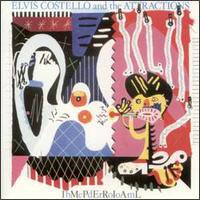
By the time Elvis Costello got to this remarkable, emotionally dense and astonishingly concise album (so many moods, styles and emotions in 50 minutes) he had become well separated from his post-punk peers.
By '82 -- and he had appeared just five years previous -- he had skirted off from punk-fuelled rock through country music and had flirted with jazz as well as classic r'n'b . . . He was one slippery customer and you got the sense at the time that his former audience tired of it.
This moody and lyrically dark album -- recorded with the Attractions but with new producer Geoff Emerick in the place of Nick Lowe -- sprung no successful singles and stalled at 30 on the US charts.
The diversity of the material -- from the Lennonesque scream which bookends the Dylan-styled Man Out of Time to the throbbing ballads Kid About It and the nightclub Long Honeymoon -- was also demanding.
But that in many ways it its strength: there are shifting moods throughout (although the tone is vinegary with moments of real spite) and it was the first album Costello had done solely in the studio without working out the songs live. He wanted to experiment with arrangements and approaches, and the style of each song is determined by the lyrics and mood rather than having an overall format imposed on them.
He pulled in a 40-piece orchestra for the elaborate, time-changing And in Every Home, and recorded the song Almost Blue (the title of his previous, country music album) which became a late-career signature song for the jazz trumpeter Chet Baker.
At the time Costello's marriage to his first wife Mary was shaky (they divorced two years later) and some of those tensions and issues are evident in the lyrics, although in typically Costello manner he blurs and obfuscates them. Although "there's no money-back guarantee on future happiness" seems clear enough.
There is an epic grandeur that borders on aloofness and bitterness in places here, but equally an emotional empathy in songs The Long Honeymoon (a wife alone at home waiting/wondering where her husband is).
Then again he throws in The Loved One with its bewildering shifts of narrator and the subject/object of derision, or Kid About It which moves from third to first person. Notable throughout however is his use of the first person and in that regard many of the songs on Imperial Bedroom, for all its array of characters and personalities, sounds like a more personal album than most of his previous output.
But you never really know and that elusiveness -- along with the rich production and sharply memorable songs -- make it an Essential Elsewhere album.
By the following year he had moved on again and Punch the Clock featured a horn section (trumpeter Chet Baker was a guest too) and there were political songs as part of the mix. It was as if Costello had cleared out some deep emotions on Imperial Bedroom and was moving on again.
But as a snapshot of a time with longevity in its songwriting and arrangements -- not to mention Costello's delivery (pure Sixties pop on Little Savage) -- Imperial Bedroom is a standout in an ever-increasing and still exploratory catalogue from the articulate Elvis Costello.
These Essential Elsewhere pages deliberately point to albums which you might not have thought of, or have even heard . . .
But they might just open a door into a new kind of music, or an artist you didn't know of.
Or someone you may have thought was just plain boring.
But here is the way into a new/interesting/different music . . .
Jump in.
The deep end won't be out of your depth . . .

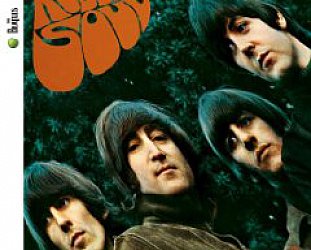
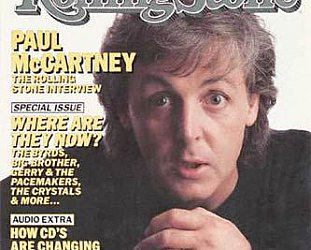
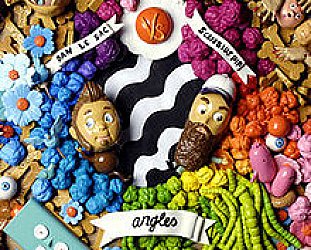
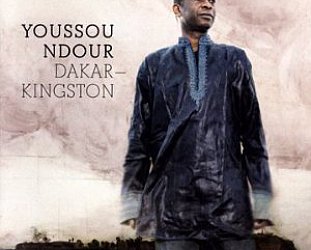
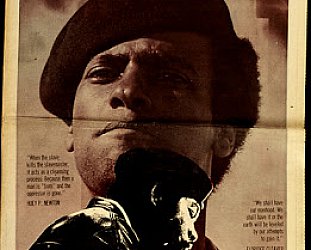
post a comment